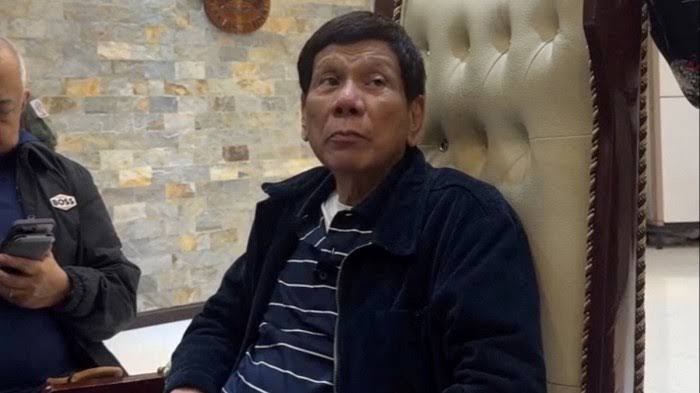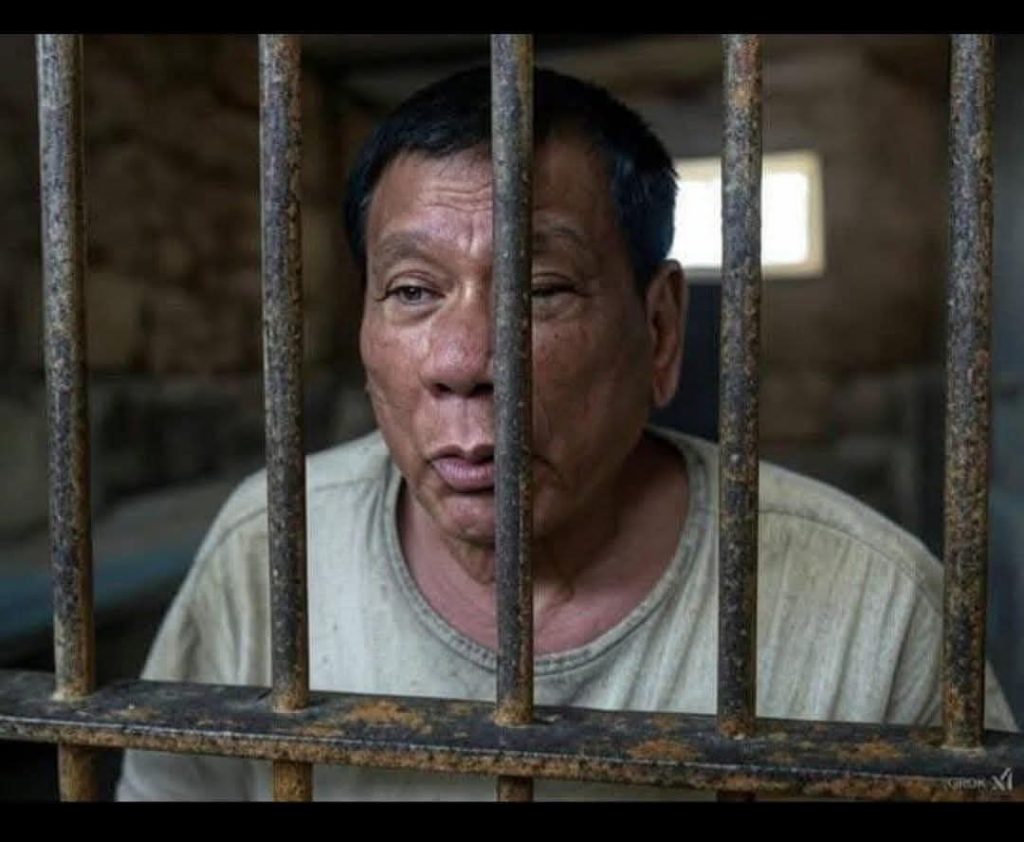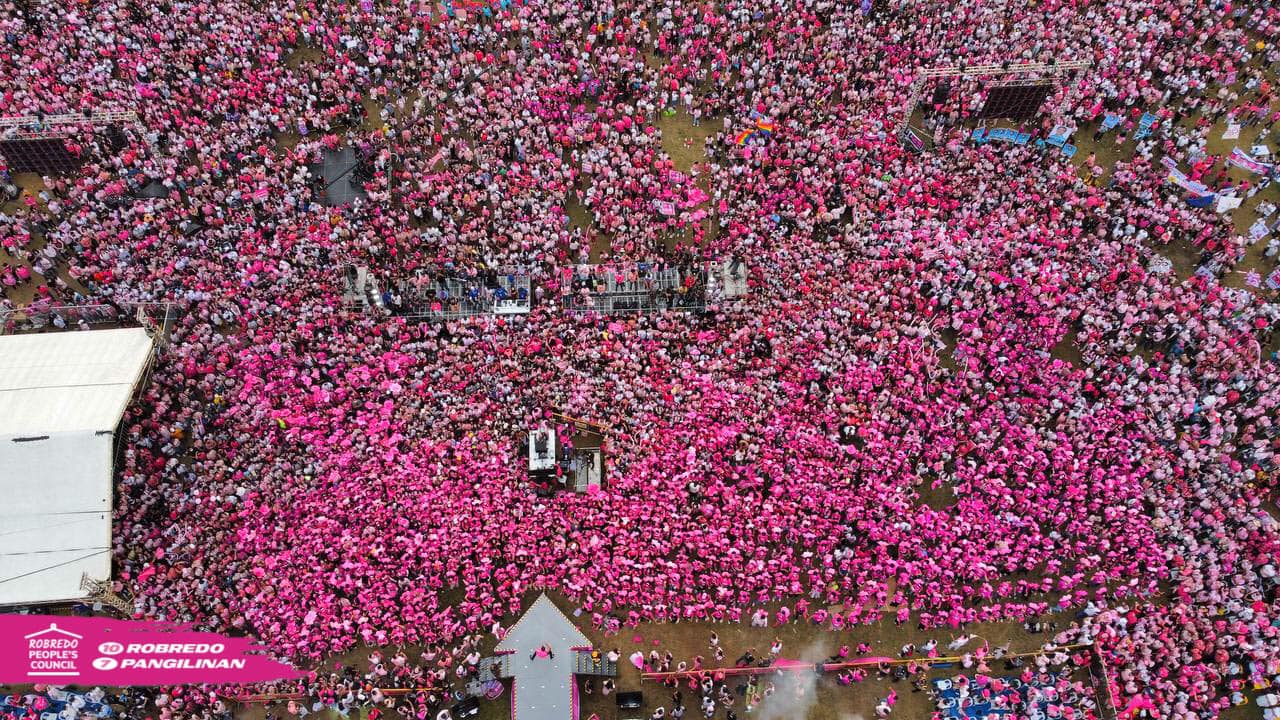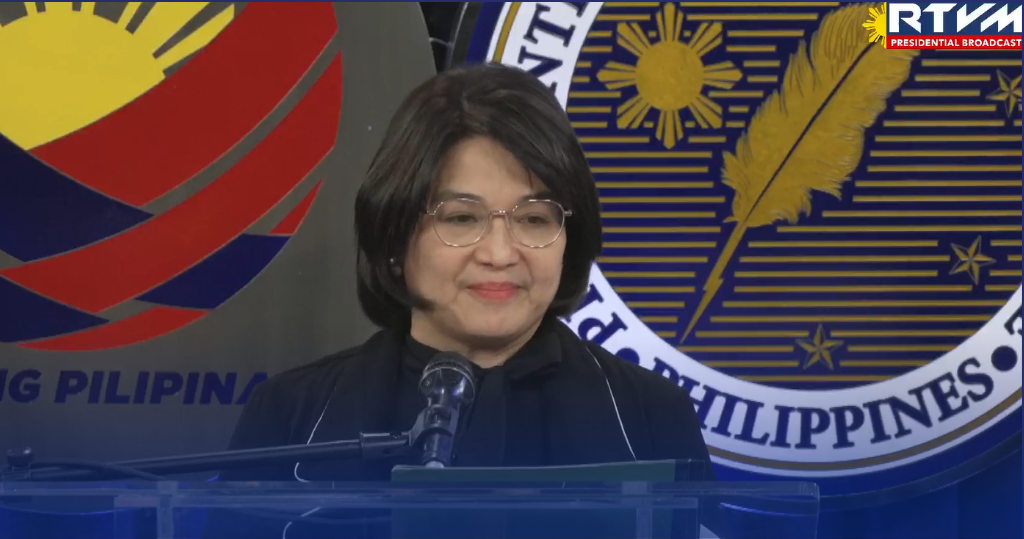6,400,000,000 Shabu Shipment Still Missing from Duterte’s Term
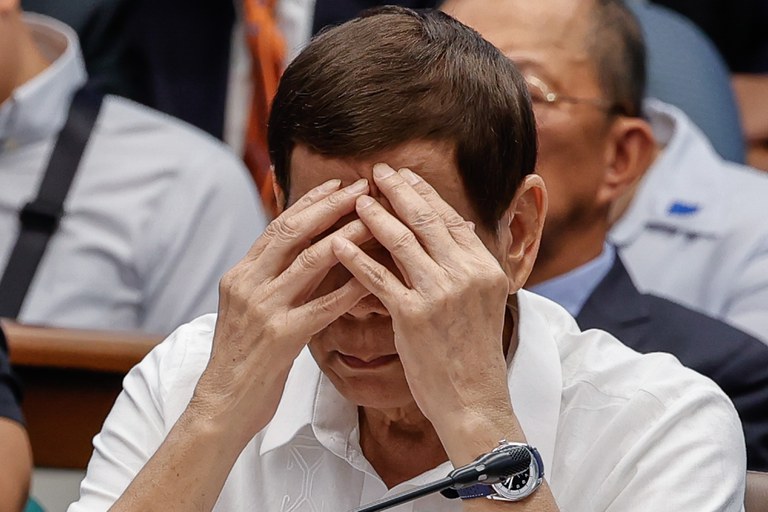
Duterte’s War on Drugs: A Sham? The Missing ₱6.4 Billion Shabu and His Deafening Silence
Rodrigo Duterte built his presidency on the promise of eradicating drugs from Philippine society, launching what he called a relentless war against illegal substances. Yet, while thousands of impoverished individuals were executed in extrajudicial killings, a glaring hypocrisy emerged: the mysterious disappearance of ₱6.4 billion worth of shabu in 2017 and Duterte’s utter silence on the matter. Why did he turn a blind eye to one of the biggest drug smuggling scandals in the country’s history? Why did he refuse to investigate his own son, Paolo “Polong” Duterte, who was implicated in the case? The hypocrisy is staggering.
The Magnetic Lifter Scandal: A Smuggler’s Jackpot?
In August 2018, four magnetic lifters were discovered in a Cavite warehouse, empty but still laced with traces of shabu. The Philippine Drug Enforcement Agency (PDEA) estimated that the lifters originally contained around ₱6.4 billion worth of illegal drugs, which had already made their way into the streets. This revelation should have sent the Duterte administration into a frenzy—after all, here was hard evidence of a large-scale drug smuggling operation happening under their noses.
But instead of spearheading a major crackdown, Duterte dismissed PDEA’s findings as mere “speculation.” This is the same man who ordered police and vigilantes to kill drug suspects in urban slums without any proof beyond a whisper or a suspicion. Why was he suddenly so hesitant to take action?
Paolo Duterte and the Shabu Shipment: A Case of Selective Justice
The scandal took an even more disturbing turn when a Senate investigation pointed to Paolo Duterte’s alleged involvement in the smuggling scheme.
Former Customs intelligence officer Jimmy Guban testified that key facilitators of the shipment were linked to the former Davao City Vice Mayor, who is also Duterte’s eldest son.
Despite compelling evidence—including the infamous “dragon tattoo” on Polong’s back, allegedly signifying membership in the Chinese drug syndicate Triad—Duterte Sr. dismissed it as mere political intrigue.
Let’s be clear: if this were a case involving an ordinary citizen or a small-time drug pusher, Duterte would have been the first to call for their execution. Instead, when his own family’s name was dragged into the case, he simply brushed it aside and even publicly defended his son. The double standard is sickening.
Extrajudicial Killings for the Poor, Protection for the Elite
Duterte’s war on drugs has claimed over 30,000 lives, mostly from impoverished communities. These were individuals who may have been involved in petty drug use or small-scale selling to survive in an economy that offered them no other options. The “tokhang” operations—where police would storm into homes and summarily execute suspects—became routine news. The international community condemned these killings, but Duterte shrugged off the criticism, even bragging about ordering the police to kill drug suspects on sight.
So why does this brutal approach disappear when it comes to drug lords and massive drug syndicates? Why was Paolo Duterte never investigated further? Why did Duterte not even feign interest in tracking down the missing ₱6.4 billion worth of shabu? If Duterte were truly serious about the war on drugs, he should have gone after the biggest fish—not just the small fry. But instead, the biggest drug smuggling case under his administration was swept under the rug, conveniently forgotten while the bodies of poor Filipinos piled up in morgues.
Duterte’s Real Legacy: A Failed, Hypocritical Drug War
The missing ₱6.4 billion worth of shabu is more than just a lost drug shipment; it is symbolic of the Duterte administration’s greatest lie. Duterte promised justice, yet he delivered only bloodshed for the poor while protecting the powerful. He vowed to eradicate drugs, yet his own family was linked to a drug smuggling case that he never pursued. He portrayed himself as a strongman, but in reality, he was too afraid to take on the real criminals—the ones with money, influence, and political connections.
For all his tough talk, Duterte proved that his war on drugs was never about justice. It was about power. It was about consolidating fear. And most of all, it was about using the suffering of the poor as a political tool while letting the rich and powerful walk free.
The Unanswered Questions
As Duterte’s presidency fades into history, the questions remain:
- Why did Duterte never pursue the missing ₱6.4 billion worth of shabu?
- Why was his son Paolo Duterte not investigated thoroughly despite testimonies linking him to drug smuggling?
- Why did Duterte’s war on drugs only target the poor while ignoring the drug lords and smugglers who operated with impunity?
- If Duterte was truly committed to eradicating drugs, why did he allow a massive shipment of shabu to enter the country without consequences?
Until these questions are answered, Duterte’s so-called “war on drugs” will forever be remembered not as a fight against crime, but as a war against the Filipino people themselves—one that killed the poor while protecting the corrupt. And that is his true legacy.
